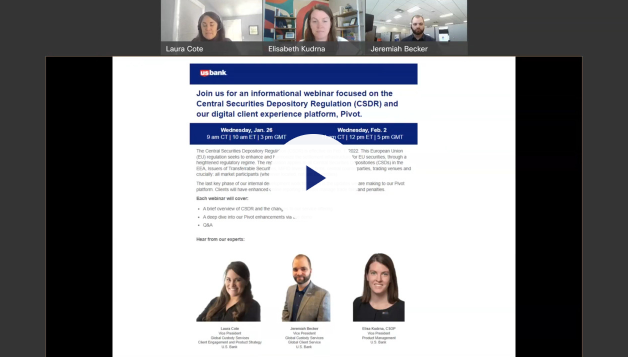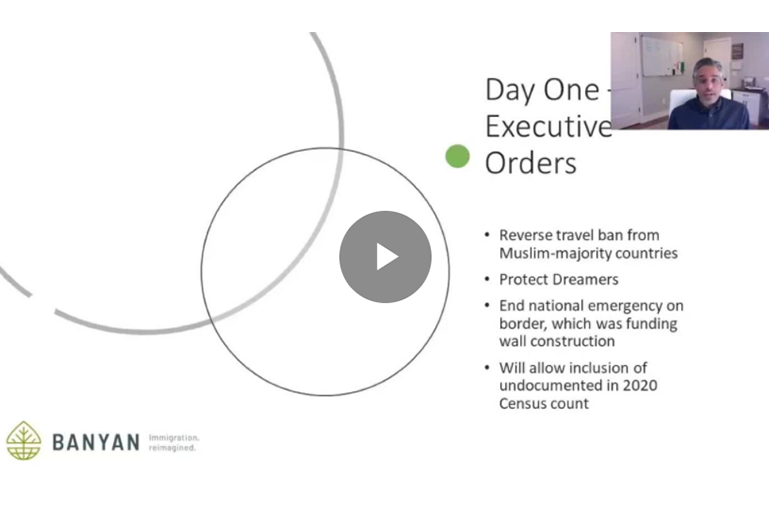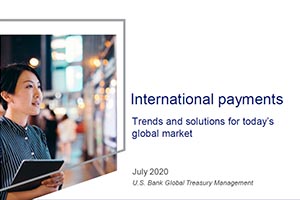The new Beneficial Ownership Regulations bring updated rules for companies, LLCs and LLPs registered in the Caymans. Here’s what shareholders need to know.
The Cayman Islands has passed important regulations designed to refine and strengthen the beneficial ownership regime for all companies, limited liability companies (LLCs) and limited liability partnerships (LLPs) registered in the Cayman Islands.
The Beneficial Ownership (Companies) Regulations (2019 Revision) implement fines on companies and corporate service providers that willfully fail to comply with their duties under the regulations. These fines became effective on June 29, 2020, so it’s crucial to get up to speed quickly on the details if you haven’t yet.
Beneficial owner: A new definition
The new regulations change the definition of a “beneficial owner.” Previously, a beneficial owner was defined as a shareholder who owned greater than 25% of the shares or voting rights in a company, either directly or indirectly. Now, a beneficial owner is defined as a shareholder who owns 25% or more of the shares or voting rights in a company, either directly or indirectly.
An individual may also be considered to be a beneficial owner if they hold the right, either directly or indirectly, to appoint or remove a majority of the board of directors; or if the individual has the absolute and unconditional legal right to exercise, or actually exercises, significant influence or control over the company.
In addition, the new regulations make changes to the exemptions that are available to companies, LLCs and LLPs registered in the Cayman Islands. “If you qualify for one of the exemptions, you must provide written notification letting your corporate service provider know why you are exempt,” says Thomas Toomey, investor on-boarding manager, U.S. Bank Global Fund Services - Europe.
You will receive an official exemption form from your corporate service provider. The information captured will be submitted to the Cayman Islands Ministry of Financial Services. The form itself will be kept in your corporate service provider’s files.
A little background
According to Sharon Williams, head of registered office services for U.S. Bank Global Fund Services (Cayman) Limited, the Beneficial Ownership Regulations amend legislation passed in 2017 that required all Cayman Islands-registered companies, LLCs and LLPs to maintain a beneficial ownership register unless they qualified for an exemption.
“The United Kingdom wanted to introduce a centralized register for beneficial ownership in order to combat financial crimes and offer more transparency and protection for investors,” says Williams.
One of the biggest takeaways from the new regulations, according to Toomey, is that “the amended legislation shifts duties and obligations from Companies, LLCs and LLPs to corporate service providers, which now face a statutory requirement to keep the beneficial ownership register up to date. Companies, LLCs and LLPs must be forthcoming in reaching out to their corporate service providers and provide the corporate service providers with all the required information in order to complete the filing.”
“It’s the duty of the corporate service provider to inform the Registrar of Companies that each entity is in scope in order to comply with the regulations,” says Williams. “But corporate service providers rely on the information they receive from companies. This information must be provided monthly and any changes from the previous month must be communicated within a 21-day period.”
Williams adds that fines will be imposed on any inquiries pending since March 18, 2020. “Companies can’t just say ‘inquiries pending’ month after month,” she says.
Potentially steep fines
Fines for failure to comply with the new regulations began to be assessed on June 29, 2020. The fine for an initial breach is US$6,100, with possible additional monthly fines of approximately US$1,220 for continued failure to comply, up to a maximum of US$30,500 for the initial breach.
“These fines will be enforced, with no appeals,” says Williams. “If fines are unpaid for 90 days, the company can be struck from the registry, which will result in an automatic dissolution of the entity.”
Toomey urges all shareholders of in-scope, companies, LLCs and LLPs registered in the Cayman Islands to implement procedures and standardised reporting processes to make sure they remain in compliance with the Beneficial Ownership Regulations. “The fines can be substantial,” he says, “so companies and shareholders need to be proactive.”
With specialized Cayman offshore service expertise and a global presence, including an office in the Cayman Islands, U.S. Bank Global Fund Services is a reliable corporate service provider. Contact us if you have questions about the Beneficial Ownership Regulations.





















































